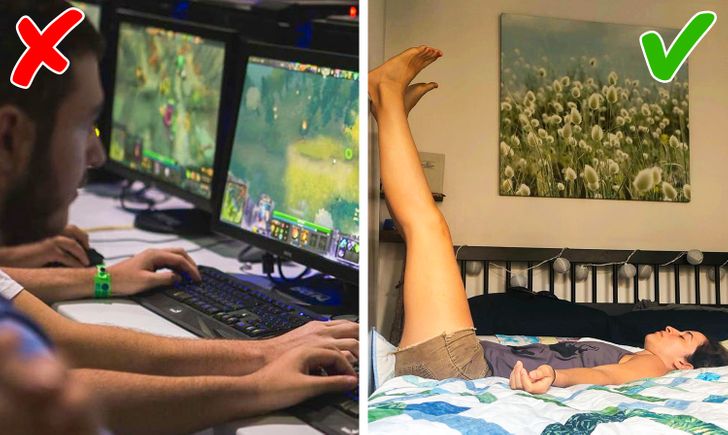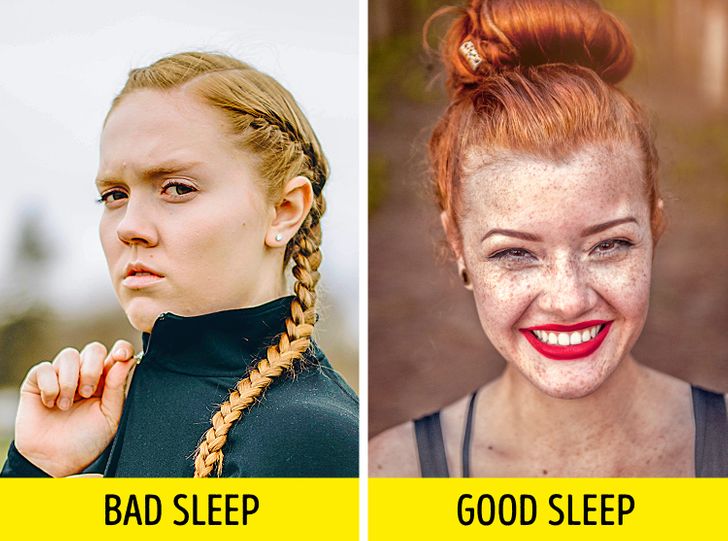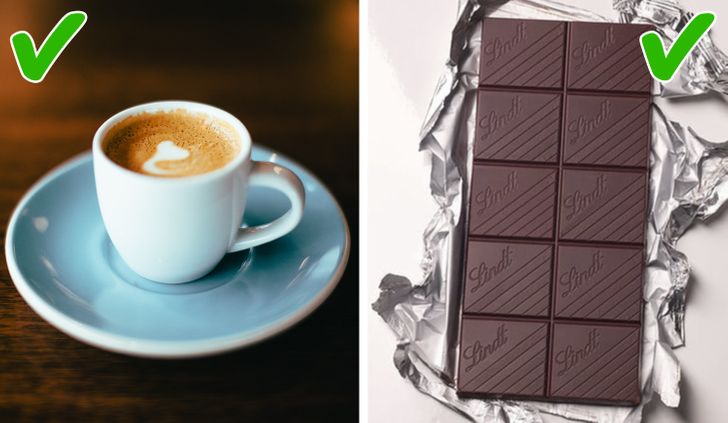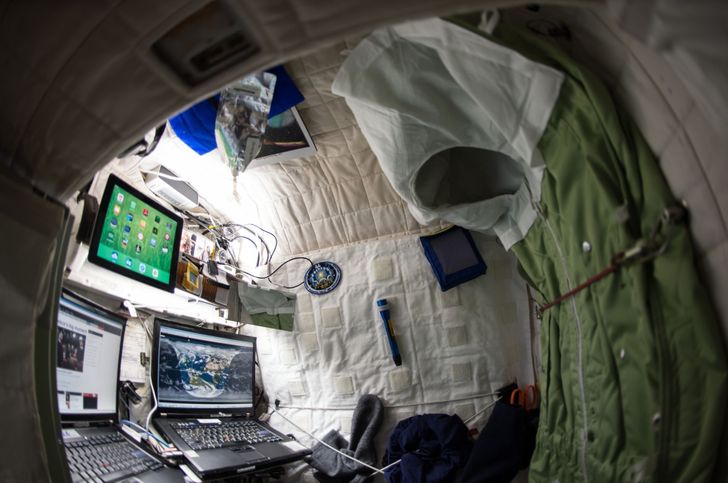We usually underestimate our sleep, but the situation might change if we start to experience problems with falling asleep. NASA astronauts know very well what a sleep disorder is as they often suffer from insomnia. To avoid these situations, scientists have developed a method of falling asleep that has proved its efficacy both in space and on Earth.
We will tell you about NASA’s astronauts’ sleep patterns and rules that will help you forget about insomnia.
7. Always go to bed and get up at the same time.
The International Space Station orbits the Earth every 90 minutes (which means the sun rises 16 times a day). That’s why astronauts consistently suffer from circadian rhythm sleep disorders. NASA scientists think that the most effective way to cope with this problem is to go to bed and get up at the same time. Before traveling to space, astronauts actually get their own sleep schedule designed in accordance with their rhythms and patterns.
To follow a certain sleep schedule, you can use a computer program that switches your devices off automatically at a predetermined time. You’ll get used to your schedule and feel better and healthier during the whole day. And if you lay on your back with your legs stretched against the wall for 10 minutes before going to bed, you’ll improve your venous outflow and feel relaxed and calm.
6. Quit bad habits that affect your sleep.
The process of falling asleep mostly depends on the things we do before bedtime. Evening runs or gym workouts activate all processes in our body and increase the body temperature, so a person needs more time to fall asleep and their sleep becomes unstable. That’s why astronauts reduce physical activities a few hours before going to bed. They also stop eating heavy food so the process of food digestion doesn’t deplete their energy.
- To fall asleep faster, try to spend a few hours outside. Don’t do any exercise, and don’t eat heavy meals in the evening. Your sleep will also be deeper and healthier when you skip that cup of coffee at night.
5. Limit the use of electronic devices.
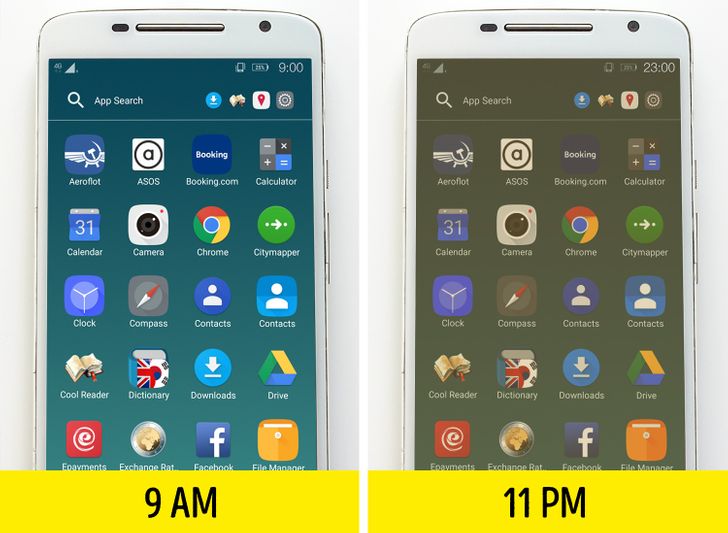
The blue light that our computers and smartphones emits affects our sleep. This bright light (that is 40% brighter than sunlight) reduces the production of melatonin, the sleep hormone. That’s why we can stay up late in front of our computer without any urge to go to bed. NASA astronauts stop using electronic gadgets 2-3 hours before bedtime.
- If you’re not ready to follow this rule right now, use glasses with special lenses or install an app that filters the blue glow. The application will control the brightness of the display according to the time.
4. Choose the correct light.
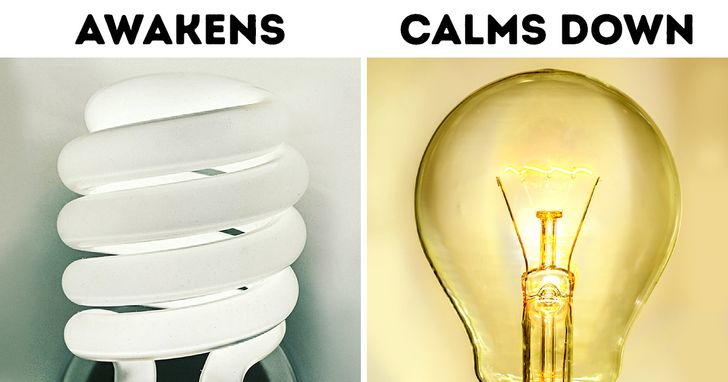
- Try to avoid using fluorescent lighting. Use lamps that emit yellow or orange light because both of these have almost no influence on melatonin synthesis.
3. Create a sleeping environment.
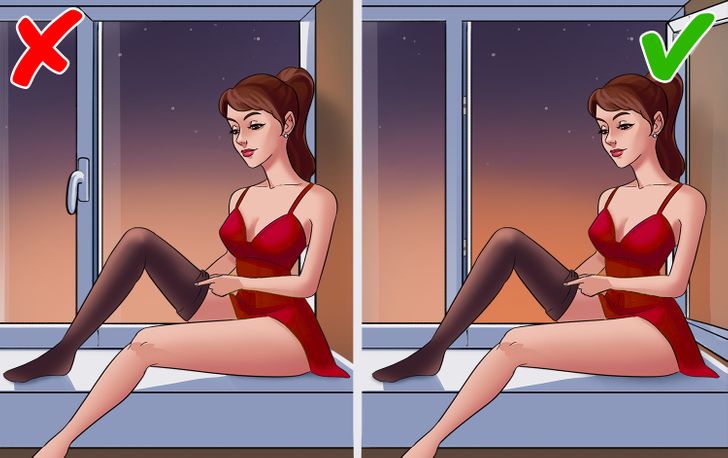
- If the room where you sleep isn’t quiet and dark enough, use earplugs and a sleep mask. Also, try to air your room out regularly because stuffy rooms don’t contribute to proper sleep.
2. Learn relaxation techniques.
Some people suffer from sleep disorders because of stress and anxiety. In these cases, NASA astronauts use a cognitive behavioral therapy that helps them calm down. This program identifies our habits that cause sleep problems and replaces them with other ones that contribute to good sleep. A relaxation technique can also help you achieve good results. Simple relaxation exercises can improve our sleep and make us happier.
One of the most effective techniques to relieve stress is deep breathing.
- Take a slow, deep breath, counting to 5.
- Hold your breath, counting to 5 again.
- Exhale while counting to 5.
Repeat this exercise several times and feel your muscles release the tension.
1. Consume caffeine and melatonin.
If astronauts experience a slight sleep disorder, they consume synthetic melatonin which has a mild sedative effect and products that contain caffeine like tea, coffee, or chocolate. Melatonin helps you fall asleep and caffeine helps when you haven’t gotten enough sleep to maintain dependable, consistent performance.
- According to studies, caffeine is really useful if its level in our blood is 12 oz (400 mg). So if you only got 5 hours of sleep one night, to become attentive and concentrate better it’s recommended to drink 2 cups of coffee (with 3 oz of caffeine in each cup) right after you wake up, and 2 more cups after 4 hours.
Bonus: The way astronauts sleep in space
In space, astronauts sleep in vertical sleeping bags located in crew cabins. They strap their bodies loosely so that their bodies don’t float around while they sleep. At first, it’s pretty difficult to sleep in the air but soon your body gets used to the new sleeping conditions and the astronauts are able to relax.
What do you usually do to fall asleep fast? How do you recover from long-haul flights? Share with us in the comments.

